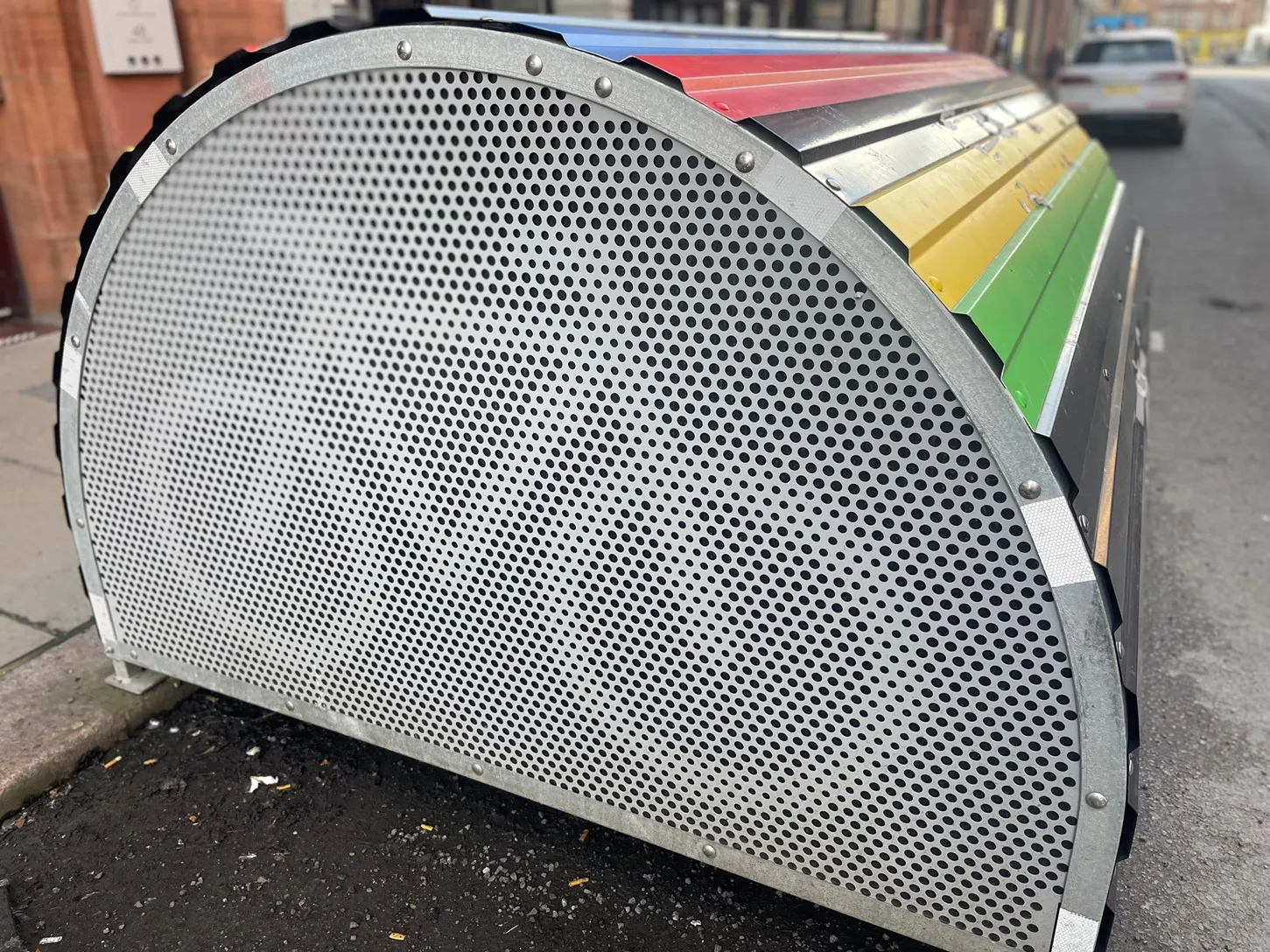As the Northern Futures Summit begins, UK Deputy Prime Minister Nick Clegg announces better trains in the north to reduce overcrowding and cut journey times.
More than 25 million people use cross-Pennine rail routes every year, and over a third of passengers have to stand during their commute.
By 2025 the Deputy Prime Minister wants to see electrified cross-Pennine links between Liverpool and Manchester on one side and Leeds, Sheffield, Newcastle and Hull on the other. This will shorten journey times
November 6, 2014
Read time: 2 mins
As the Northern Futures Summit begins, UK Deputy Prime Minister Nick Clegg announces better trains in the north to reduce overcrowding and cut journey times.
More than 25 million people use cross-Pennine rail routes every year, and over a third of passengers have to stand during their commute.
By 2025 the Deputy Prime Minister wants to see electrified cross-Pennine links between Liverpool and Manchester on one side and Leeds, Sheffield, Newcastle and Hull on the other. This will shorten journey times to 40 minutes at most between any two of Manchester, Leeds and Sheffield and end the misery of overcrowding when people journey to work.
Clegg said: “One of the key things that comes up time and again is the need for better transport links – electrification for the rail networks connecting Leeds, Sheffield and Manchester, renovation of the dilapidated commuter lines. That is why I am pushing for a huge programme of transport improvements in the North to begin immediately.
The North needs improved transport now. The roads and railway lines connecting our great northern cities have seen improvements in recent years, but I want more, much more.
He also stressed the need to improve road links in the region, saying, “This is not just about rail. 64 per cent of journeys in the North are by car.
“We need to build on the announcements already made to improve road links such as the M62. I want to go further, starting by extending the full stretch of the M62 between Manchester and Leeds to eight lanes using the ‘smart’ motorway model (that is, turning the hard shoulder into a fourth lane in each direction) and having a programme of improvements for the Woodhead Pass (A618/A626) between Manchester and Sheffield. I will push to see these in the upcoming Roads Investment Strategy for completion by 2025.”
More than 25 million people use cross-Pennine rail routes every year, and over a third of passengers have to stand during their commute.
By 2025 the Deputy Prime Minister wants to see electrified cross-Pennine links between Liverpool and Manchester on one side and Leeds, Sheffield, Newcastle and Hull on the other. This will shorten journey times to 40 minutes at most between any two of Manchester, Leeds and Sheffield and end the misery of overcrowding when people journey to work.
Clegg said: “One of the key things that comes up time and again is the need for better transport links – electrification for the rail networks connecting Leeds, Sheffield and Manchester, renovation of the dilapidated commuter lines. That is why I am pushing for a huge programme of transport improvements in the North to begin immediately.
The North needs improved transport now. The roads and railway lines connecting our great northern cities have seen improvements in recent years, but I want more, much more.
He also stressed the need to improve road links in the region, saying, “This is not just about rail. 64 per cent of journeys in the North are by car.
“We need to build on the announcements already made to improve road links such as the M62. I want to go further, starting by extending the full stretch of the M62 between Manchester and Leeds to eight lanes using the ‘smart’ motorway model (that is, turning the hard shoulder into a fourth lane in each direction) and having a programme of improvements for the Woodhead Pass (A618/A626) between Manchester and Sheffield. I will push to see these in the upcoming Roads Investment Strategy for completion by 2025.”








